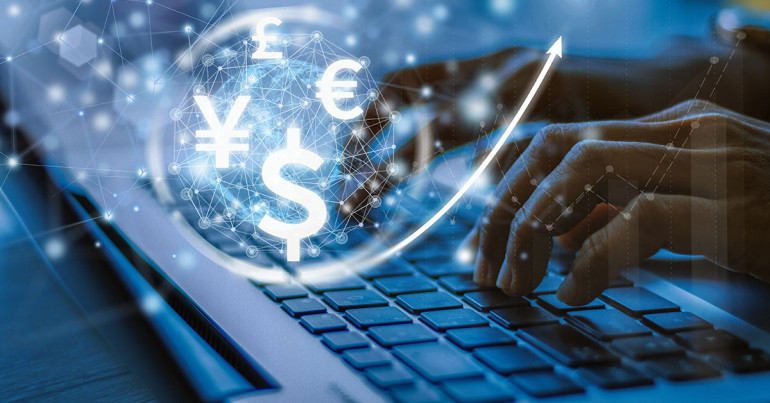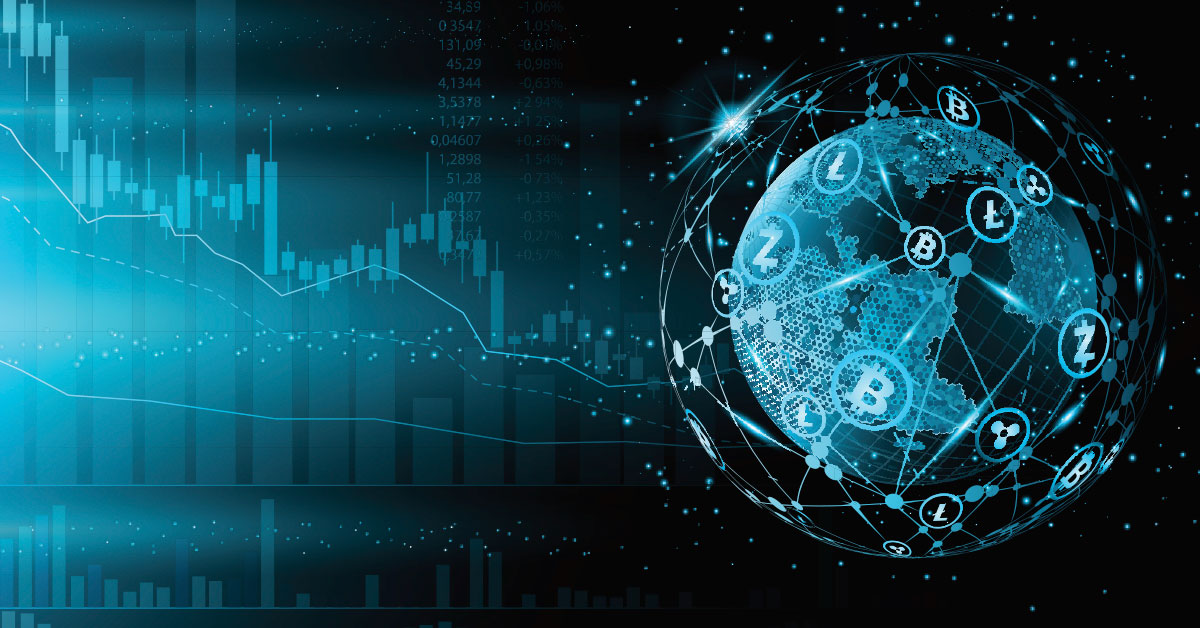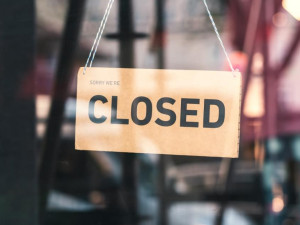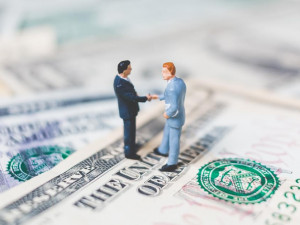
In this article we will uncover the intricate world of currency exchanges, understanding how they operate, why they are indispensable in today’s economy and the key factors which influence the fluctuations in exchange rates. Understanding currency exchange is essential for anyone who travels, shops online, invests/sends money internationally or does business overseas. We’ll ensure you’re equipped with the knowledge to navigate the global financial landscape with confidence.
What is a currency exchange?
A currency exchange serves as a crucial pillar for converting currencies, playing a pivotal role in facilitating global transactions. Whether you’re swapping physical tender like notes or coins, these transactions often occur over the counter at bureau de change or travel money counters. These establishments are widespread, spanning various locations such as town centres, airports, banks, hotels, and supermarkets, ensuring accessibility for all.
How a currency exchange works
People mainly exchange currencies when travelling as obviously you often cannot spend the currency you use at home in the country you’re travelling to.
However, currency exchange businesses don’t simply offer you the spot rate. They adjust it slightly to ensure they make a profit on the transaction. For instance, if the spot rate for exchanging US dollars into Australian dollars is 1.2500, it means each U.S. dollar could fetch you 1.25 Australian dollars at the spot rate. But the currency exchange store might adjust this to 1.20, meaning you’ll only receive 1.20 Australian dollars for each US dollar – this adjustment constitutes their fee.
Someone who trades to make profit from fluctuations in exchange rates by predicting shifts in currency values are called forex traders. For example, if a forex trader anticipates that the ruble will appreciate against the dollar, they may exchange dollars for rubles, wait for a favourable movement, and then convert their rubles back into dollars – the basis of forex trading. If their prediction proves accurate and the ruble gains value, the trader ends up with more dollars than initially exchanged. Moreover, forex traders may seek arbitrage opportunities, exploiting differences in exchange rates across currencies or between different exchange markets to generate profits. So, while currency exchange businesses primarily cater to travellers, they also serve as hubs for individuals participating in forex trading, leveraging currency fluctuations to potentially improve their financial portfolios.

How are exchange rates calculated?
Understanding how exchange rates are determined is crucial for anyone involved in currency exchange. As mentioned, exchange rates represent the value of one currency relative to another and are influenced by a variety of factors.
Supply & demand dynamics
Let’s say there’s increased demand for Japanese goods in the United States. American businesses and consumers need to purchase Japanese yen to pay for these goods, leading to higher demand for yen in the foreign exchange market. As a result, the value of the yen appreciates relative to the U.S. dollar, causing the exchange rate between the two currencies to decrease.
Economic indicators
If a country’s central bank raises interest rates, it can attract more foreign investment in that country’s assets. This increased demand for the country’s currency to invest in these assets can lead to an appreciation of the currency relative to others. For instance, if the European Central Bank raises interest rates, the euro may strengthen against other currencies, such as the US dollar.
Inflation
Higher inflation rates in one country compared to another can erode the purchasing power of that country’s currency, leading to depreciation. For example, if the inflation rate in the United States is higher than in the European Union, the value of the U.S. dollar may decrease relative to the euro, resulting in a higher exchange rate between the two currencies.
Economic growth
Strong economic growth in a country can attract foreign investment and increase demand for its currency, leading to appreciation. For instance, if a country experiences robust economic expansion, foreign investors may seek to invest in its businesses and assets, driving up demand for its currency and causing its exchange rate to rise relative to others.
Geopolitical events
Political instability or uncertainty can lead to fluctuations in exchange rates due to changes in investor confidence and risk perception. For example, if there’s geopolitical tension in a region, investors may perceive higher risk, leading to capital outflows and depreciation of the affected country’s currency. On the other hand, positive news or developments can boost investor confidence and strengthen a currency.

Risk in currency exchange
Fluctuating exchange rates can have significant implications for everyday individuals involved in currency exchange. These fluctuations occur due to the abovementioned factors and are called foreign exchange risks. For instance, if a person holds foreign currency for travel or investment purposes, exchange rate fluctuations can impact their holdings’ value when converted back into their home currency. This can affect the purchasing power of their savings or investment returns. Similarly, when making international transactions, such as purchasing goods or services from abroad or sending money to family members in another country, fluctuations in exchange rates can influence the cost of the transaction.
As exchange rates are continuously changing, individuals may need to monitor rates closely and consider timing their transactions strategically to minimise the impact of exchange rate fluctuations on their finances.
Where to find the best exchange rate?
Over the counter, this can vary a lot. However, CurrencyTransfer has you covered for all your unique requirements for both international bank transfers or payments that you make online.
For more currency and economics articles, stay posted on our weekly articles at CurrencyTransfer in our Expert Analysis section. We also post daily updates on the market with our Market Commentary.
Sign up for an account with CurrencyTransfer today for free, and you’ll be assigned an account manager who will help you every step of the way.
Caleb Hinton
Caleb is a writer specialising in financial copy. He has a background in copywriting, banking, digital wallets, and SEO – and enjoys writing in his spare time too, as well as language learning, chess and investing.



